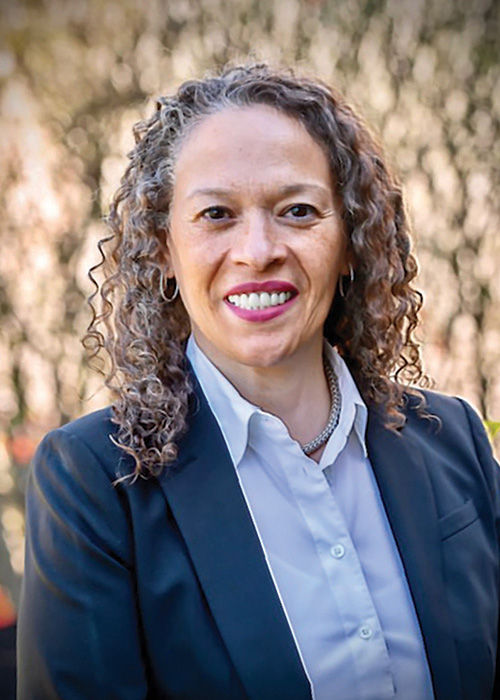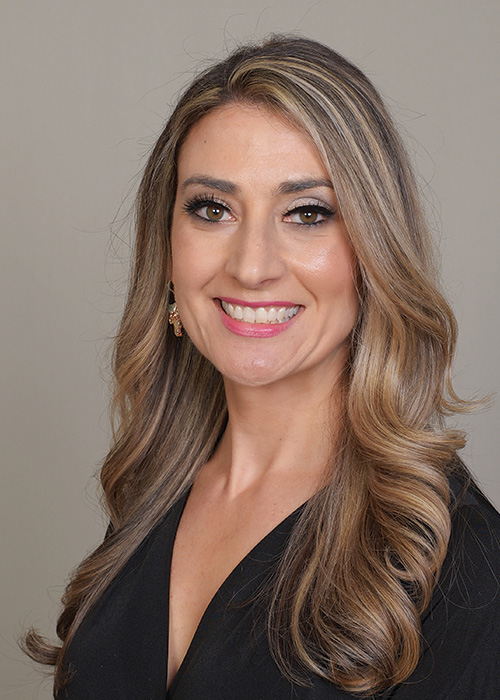Despite comprising a majority of the
workforce in the insurance sector,
finding women who have advanced to the C-suite is difficult
By Lori Widmer
On its surface, the news is exciting: According to figures shared by the Insurance Information Institute (Triple-I), women comprise a majority of the workforce in the insurance sector. Triple-I reports that women are now holding 62% of all underwriting positions, up from 57% in the previous year. In claims and policy processing, women dominate, with an estimated 80% working in these roles. And women represent 55% of insurance sales producers.
Yet finding women who have advanced beyond those areas into the C-suite is difficult. The contrast is striking: A mere 22% of C-level positions are filled by women, according to Triple-I data. Just two women head Fortune 500 insurance companies.
“Although women make up roughly 60% of the insurance industry workforce, the majority—around 66%—are concentrated in entry-level roles, according to McKinsey & Company,” says Celia Santana, president and CEO of Personal Risk Management Solutions, the April 2014 Rough Notes Agency of the Month. Yet at the upper management level, there is a dearth of women in leadership roles.
“Women of color are particularly underrepresented at senior levels,” she adds.
The disconnect
Santana believes that the reasons reflect the same barriers that women face across the whole of the financial services sector. She says women have “limited access to mentors and sponsors. Compared to their male peers, women often have fewer advocates to guide and support their career growth.”
Another barrier: workplace bias. “Both conscious and unconscious biases can result in women being overlooked for leadership development opportunities or promotions,” says Santana.
“I strongly believe that leadership comes with the responsibility to ‘lift as we rise’. I often say that it’s our job to send the elevator back down- to create space and opportunity for the next generation of leaders.”
-Celia Santana
President and CEO
Personal Risk Management Solutions

A more subtle, but equally hampering issue is a lack of self-advocacy many women struggle with. Whether through lack of confidence or lack of management support, says Santana, women are hesitant to pursue larger roles that match their qualifications.
Statistics bear that out, says Diane Delaney, executive director of the Private Risk Management Association (PRMA). She points to a recent PRMA survey showing that 69% of women said they faced challenges when it comes to gaining access to leadership roles and achieving visibility.
That same survey reveals that 62% of women want more mentorship programs specifically designed for women. Another surprising find: 60% of women surveyed say another barrier to advancement is the difficulty of balancing work and home responsibilities.
“These findings reflect a broader theme: Many women hesitate to pursue roles that fall just outside their current skill set,” says Delaney. “Research by Harvard Business School’s Katherine Coffman shows that women are significantly less likely than men to apply for jobs unless they meet every listed qualification. This tendency is embedded in societal expectations and self-doubt.
“In short,” she adds, “it’s not a lack of capability but often a lack of confidence, support and opportunity. When these barriers are addressed through mentorship, leadership development and inclusive workplace policies, more women rise and thrive in our industry.”
Why mentorship matters
Mentoring is, at its core, an effective and essential tool to help women achieve their career potential, says Santana, who is only the second woman to serve as president of the PRMA board. When mentoring is done well and consistently, it works.
“While there are many approaches to structuring mentorship programs, the consistent takeaway is clear: When done well, mentorship leads to real progress,” she observes. “In my experience, both mentorship and sponsorship work best when all participants are aligned in their commitment to growth and development.”
Delaney says that an effective mentoring program can provide a safe place within which women can receive valuable guidance from colleagues who have advanced in their careers. “The true value of mentorship is having someone who offers insight, encouragement and a broader perspective,” she says. “For mentors, it’s also a rewarding way to give back and support the next generation of professionals.”
Because of the inherent value of mentorship, PRMA has launched a mentor/mentee match program within the organization’s member portal. The platform, says Delaney, will pair up mentors and mentees based on shared goals and interests. “Once matched, PRMA will provide tools and resources to support the relationship, both at the start and throughout its development.”

“[I]t’s not a lack of capability but often a lack of confidence, support and opportunity. When these barriers are addressed through mentorship, leadership development and inclusive workplace policies, more women rise and thrive in our industry.”
—Diane Delaney
Executive Director
Private Risk Management Association
Increasing opportunities
Championing the advancement of women in the workplace should matter to every organization—because they can help drive innovation and profitability. According to data from McKinsey & Company, organizations with over 30% of women at the executive level are “significantly more likely to outperform those with between 10% and 30% women, and these companies in turn are more likely to outperform those with fewer or no women executives.”
Delaney says that PRMA is committed to delivering “intentional support, connections and professional development” to help women advance in the industry. “Our newly formed Women in Insurance group is dedicated to encouraging and supporting women in the high-net-worth insurance space at every stage of their personal and professional journey,” she says.
The Women in Insurance group plans to offer ongoing educational programs, events and activities that will focus on career and personal growth. Webinars on improving women’s talk and speechmaking; networking sessions designed for safe, collaborative conversations; strategies for being more present professionally; and what is needed to support women leaders are just a few of the activities the group employs to drive the conversations and facilitate change.
“These are designed to build skills and create a sense of community where women can exchange ideas and feel inspired to use their voices with confidence,” says Delaney.
The group was born of conversations with women in the industry who expressed a desire to have such support. “Many said that while other women’s groups exist, they often cater to a specific career level,” says Delaney. “What was missing was a space that brought together women at all stages, from early career, mid-level and senior leaders, who could connect authentically and support one another.”
Message received. “The PRMA team reached out to three women in our community who represented a range of perspectives—mothers and non-mothers, rising leaders and seasoned professionals—and we invited them to serve as founding members of this new group,” Delaney says. “They helped shape the early direction of the initiative, including what topics, challenges and opportunities the group should prioritize.”
From that beginning, the Women in Insurance initiative was introduced and the first workshop was held at the 2024 PRMA Summit. At that workshop, women participants helped define the network’s focus: mentorship and support networks, work-life balance and self-care, leadership development, skill building and women empowering women through advocacy and shared experiences. The charter PRMA Women in Insurance Chapter was officially launched in January 2025.
Forward with intention
For agencies and brokerages, supporting the growth of their female counterparts is not difficult. Santana says her own process is to “focus on creating positive change in three key ways:” actively supporting and encouraging women to recognize their potential, mentoring and advocating for them, and leading by example.
“I aim to become a mentor, teacher and advocate,” Santana adds. “I strongly believe that leadership comes with the responsibility to ‘lift as we rise.’ I often say that it’s our job to send the elevator back down—to create space and opportunity for the next generation of leaders.”
Delaney echoes those sentiments. “Behind every meaningful career milestone is often someone who opened a door, offered advice during a tough moment or simply believed in our potential.”
Both women believe that the choice to advocate for and champion the success of women in insurance is long overdue. “Supporting the advancement of women isn’t optional—it’s essential,” says Santana. “And it’s up to all of us in senior leadership to be deliberate and active in making that happen.”
For more information:
PRMA Women in Insurance
privateriskmanagement.org/womenininsurance
The author
Lori Widmer is a Philadelphia-based writer and editor who specializes in insurance and risk management.






